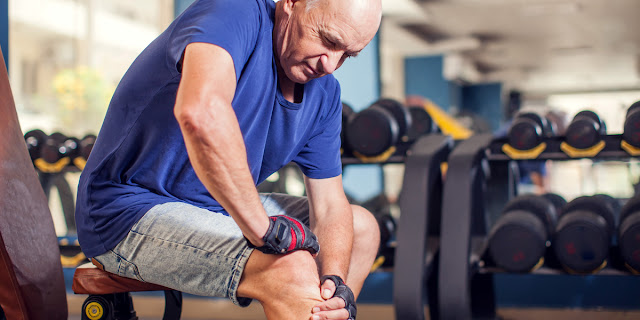Beneficial Ways of Preventing Joint Ache & Stiffness in Old Age
As we age, the connective tissue and cartilage that provide cushioning between the joints tend to get thinner due to wearing out. This leads to conditions such as osteoarthritis and can cause tremendous pain and inflammation. Referring to the care home pharmacy Chipping Campden can help you get access to great medical help against joint pain.
Genetics and age are basic factors when it comes to joint deterioration, but there are some superficial steps you can take to ensure your good health and extend the life of your joints and protect knee or hip replacements. Given below are some effective ways of management and some tips to prevent joint pain.
●
Managing weight
Excess body weight
strains joints. Particularly the knees. Any manual with insights on how to
reduce joint pain in old age shall
include a dedicated sector that asks you to stay away from obesity. Obesity is
a significant risk factor for developing arthritis in regions like your leg
joints. There's this estimation that suggests that for every pound of excess
weight exerted, there are roughly four pounds of extra pressure on one's knees.
Watching your weight also includes avoiding carrying excessively heavy loads
and protecting your smaller joints. You can also connect to care home pharmacy Banbury to know in
detail how to get rid of old age aches and pains.
●
Keep moving
Joints are meant to
be used. Keeping a sedentary lifestyle can have long term adverse effects. Also,
one must warm-up before exercising and stretch often to avoid getting stiff.
Cause if there's no warm-up there's a possibility of hurting the joints in the
process. For people with arthritis, exercise can be quite challenging. Instead,
opt for activities that are easier on the joints. Biking rather than walking is
a great example.
●
Remember to pace yourself
When you start a new
activity, always make sure that you build up gradually to reduce the risk of a
possible injury. Do not work out too hard or too fast, as this increases the
risk of inflaming or stressing joints before the muscles are strong enough to
support them. Know when enough is enough as there has never been any benefit of
overuse.



Comments
Post a Comment